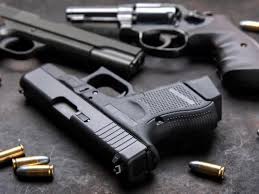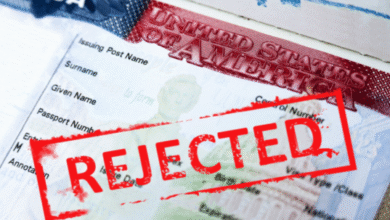Commission on Small Arms pushes for new firearms law after 50-year delay

The National Commission on Small Arms and Light Weapons is ramping up pressure on Parliament for the swift passage of a long-overdue firearms control law, citing the urgent need to modernize Ghana’s outdated legal framework that has remained unchanged for over five decades.
Small Arms Surge Alarms Authorities
Earlier reports from the Commission reveal that the number of small arms circulating in the country skyrocketed from 240,000 in 2004 to 2.3 million by 2014—the last time a baseline assessment was conducted.

Of the 2.3 million weapons, only about 1.2 million were legally acquired or registered, leaving a troubling number unaccounted for in civilian hands.
Outdated Laws vs. Modern Threats
The Commission’s Executive Secretary, Dr Adam Adamu Alhassan Bonaa, underscored that the current laws governing arms dealership and regulation in Ghana are obsolete and inadequate to address emerging threats.

Speaking at the closing session of a five-day international workshop on the Arms Trade Treaty (ATT) in Accra, Dr Bonaa pointed out the rise of 3D-printed weapons and online arms transactions as challenges that the existing laws are ill-equipped to tackle.
Draft Bill Expected in Parliament This Year
He revealed that a draft firearms bill, under development for the past eight years, is expected to be laid before Parliament this year.
“The constitution itself is about 32 years old and under review, but the law guiding firearms is over 50 years old. We cannot be dealing with advanced threats using outdated laws,” Dr Bonaa stated.

Arms Diversion and Insecurity in West Africa
Dr Bonaa warned that Ghana’s continued failure to pass a modern firearms law undermines efforts to curb:
- Arms diversion
- Fake end-user certificates
- Unauthorized brokerage activities
These persistent challenges, he stressed, are fueling insecurity across parts of West Africa.
New Law Key to Reinforcing Ghana’s Peace
The Commission is confident that passing the new law will not only bolster Ghana’s compliance with international treaties but also help the country reinforce its standing as an “oasis of peace” in an increasingly volatile sub-region.




